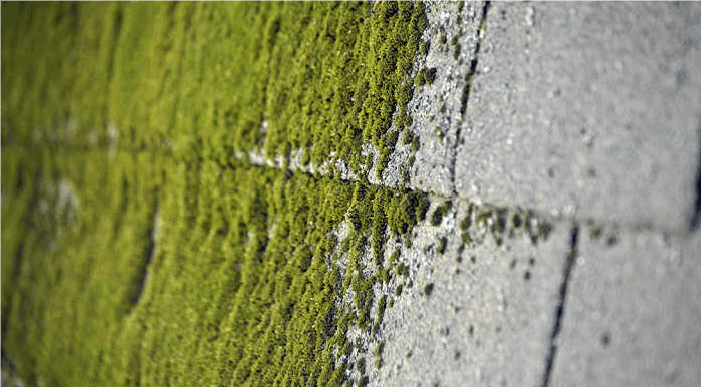What To Look For When Inspecting Your Roof

As a homeowner, one of the most crucial aspects of maintaining your property is ensuring the health and integrity of your roof. Your roof protects your home from the elements, so regular inspections are vital to catch any issues early and prevent costly repairs down the line. Here are some key tips to consider when inspecting your roof:
- Start with Safety First: Before you climb up onto your roof, prioritize safety. Use a sturdy ladder that's securely placed on level ground, and consider having a spotter to assist you. Wear appropriate footwear with good traction, and avoid going onto the roof during wet or icy conditions.
- Check the Shingles: Inspect the condition of your shingles carefully. Look for signs of damage such as cracks, curling edges, missing pieces, or granule loss. Damaged shingles can compromise the integrity of your roof and lead to leaks. Pay attention to any areas where the shingles appear to be uneven or buckling.
- Examine Flashing and Seals: Flashing is the metal material installed around chimneys, vents, skylights, and other roof penetrations to prevent water from seeping in. Check for signs of rust, corrosion, or damage to the flashing. Additionally, inspect the seals around these areas to ensure they are intact and watertight.
- Inspect for Leaks: Inside your home, look for signs of water damage on the ceiling or walls, which could indicate a roof leak. Pay attention to any discoloration, peeling paint, or water stains. If you notice these signs, it's essential to address the issue promptly to prevent further damage and mold growth.
- Evaluate Gutters and Downspouts: Clogged gutters and downspouts can cause water to back up and overflow onto your roof, leading to potential damage. Clean out debris regularly and ensure that water flows freely away from your home's foundation.
- Assess the Roof's Structural Integrity: Take a step back and assess the overall structural integrity of your roof. Look for sagging areas or signs of deterioration in the underlying structure. Pay attention to any areas where the roof deck may be compromised or weakened.
- Consider Hiring a Professional: While regular inspections are essential, some aspects of roof maintenance are best left to professionals. Consider hiring a licensed roofing contractor to conduct a thorough inspection at least once a year, especially if you have concerns about your roof's condition or if it's been several years since the last inspection.
By taking the time to inspect your roof regularly and address any issues promptly, you can prolong its lifespan and protect your home from potential water damage and costly repairs. Remember, early detection is key to maintaining a healthy and secure roof for years to come.